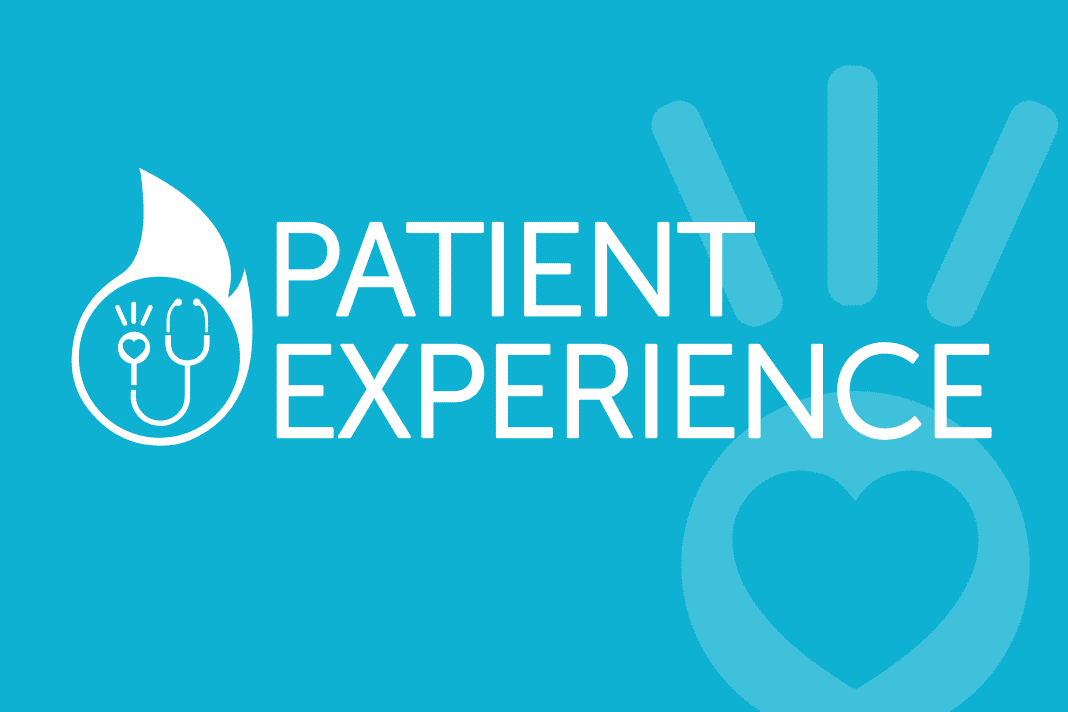When I was 20 years old, my new husband and I celebrated our marriage with family and friends, with a luncheon where there was no alcohol. Neither of us drank so this was the best choice. We traveled to our honeymoon destination that night, and as we were changing clothes I suddenly became very ill. I had severe stomach pain, nausea, and vomiting that wouldn’t quit. I spent the night on the bathroom floor, and my new husband didn’t get much sleep either. He wanted to take me to the hospital but I just felt this must be something that would pass overnight and I would be okay.
By late afternoon the next day, I felt better and we proceeded with our honeymoon as planned. I didn’t know this was an attack of non-allergic hereditary angioedema.
I would not be diagnosed for another 40+ years.
I did not have frequent attacks at that time. Just every few years I would get this “stomach flu” when there was no flu bug going around.
I vividly remember a time when I suddenly became ill again, with the painful nausea, horrific lower G.I. pain, and painful vomiting. I became clearly dehydrated after about 20 hours of vomiting every 5–10 minutes, and my husband took me to the emergency room.
The emergency room wasn’t very crowded, but we sat in the waiting room for over an hour and a half, and I kept running to the bathroom and vomiting. By that point running to the bathroom was no longer an option because I was too weak, so my husband would help me into the bathroom and then I collapsed on the floor and vomited a lot of blood.
The doctors in the ER had no idea what was happening to me but they knew it was serious because I kept losing consciousness and vomiting more blood. After the next day when they were able to get me somewhat more stable, the doctor said I had vomited so much that I vomited up my stomach lining. That episode terrified me.
At that time my attacks were becoming closer together but with the same severity. I would have these episodes every year or two. Doctors had no idea what was going on with me. I underwent an amazing amount of testing both in the hospital, and as an outpatient over the next few years. But I still had no diagnosis.
My family was urging me to come back home from the west coast, where it might be more likely that I would be diagnosed. I had been heavy, but with this ongoing illness I had lost 135 pounds in nine months. I couldn’t walk very far. I was very weak.
My husband and I decided that it might be best for me to move back home to Nebraska, and find an apartment or house to live in until I got a diagnosis and a treatment plan.
My daughter found me a small, three-bedroom home in a quiet neighborhood with a monthly mortgage that was less expensive than renting a small apartment.
In order to get better medical care I had to live 1300 miles away from where I had been living, and stay in Nebraska alone because my husband was working back on the East Coast.
I started seeing a new doctor. She ran a lot of tests and said, “there is something very wrong, but I can’t find out what it is”, and referred me to specialist after specialist ruling out other possible illnesses.
She then referred me to an allergist/immunologist, thinking that possibly this could be an allergic reaction. She sent my records over to the doctor, so when I walked in to the exam room, the doctor said,
“Hello Teresa. It’s really nice to meet you. You have hereditary angioedema.”
I thought, oh no, another doctor giving me a ridiculous diagnosis. So I said to her, “That can’t be it. I’ve had all kinds of testing on my heart and it is perfectly fine.”
She laughed, and proceeded to explain what hereditary angioedema is, that my records showed my father had the same symptoms but died before he was diagnosed. She explained that I had inherited a disease that involves the unregulated blood protein Bradykinin which causes swelling anywhere inside the body, but tends to cause swelling in the abdomen, face, throat, and hands. And I started crying. Finally, a diagnosis!
But it was a mixed blessing. The doctor said that I needed to take certain hereditary angioedema–specific medications for the rest of my life, and they are among the most expensive medications in the world. Therefore I will be dealing with health insurance companies until I die.
I now have a diagnosis and a treatment. I have a very good doctor, and I found that one of the hospitals in the city treats hereditary angioedema.
I tried going back home to the West Coast thinking that I could split my time half in one state, and half in the other. I made an appointment with the chief of allergy/immunology on my first trip back to the East Coast, and he told me, “I will never write a prescription for those medications. They are too expensive, and they cost the insurance companies too much money. You will have to go outside of this state to get treated, because it’s not happening here.”
Major jaw drop.

About the Author:
Teresa has a Masters Degree in Psychiatry worked as Federal Research Compliance Officer, before having to retire due to her rare disease. She has lived on the East coast as well as in the mid-west, and has become an advocate for HAE patients across the nation and in other countries. A grandchild also has a separate ultra-rare genetic disorder, and she supports research, advocacy and social awareness for the rare community.




